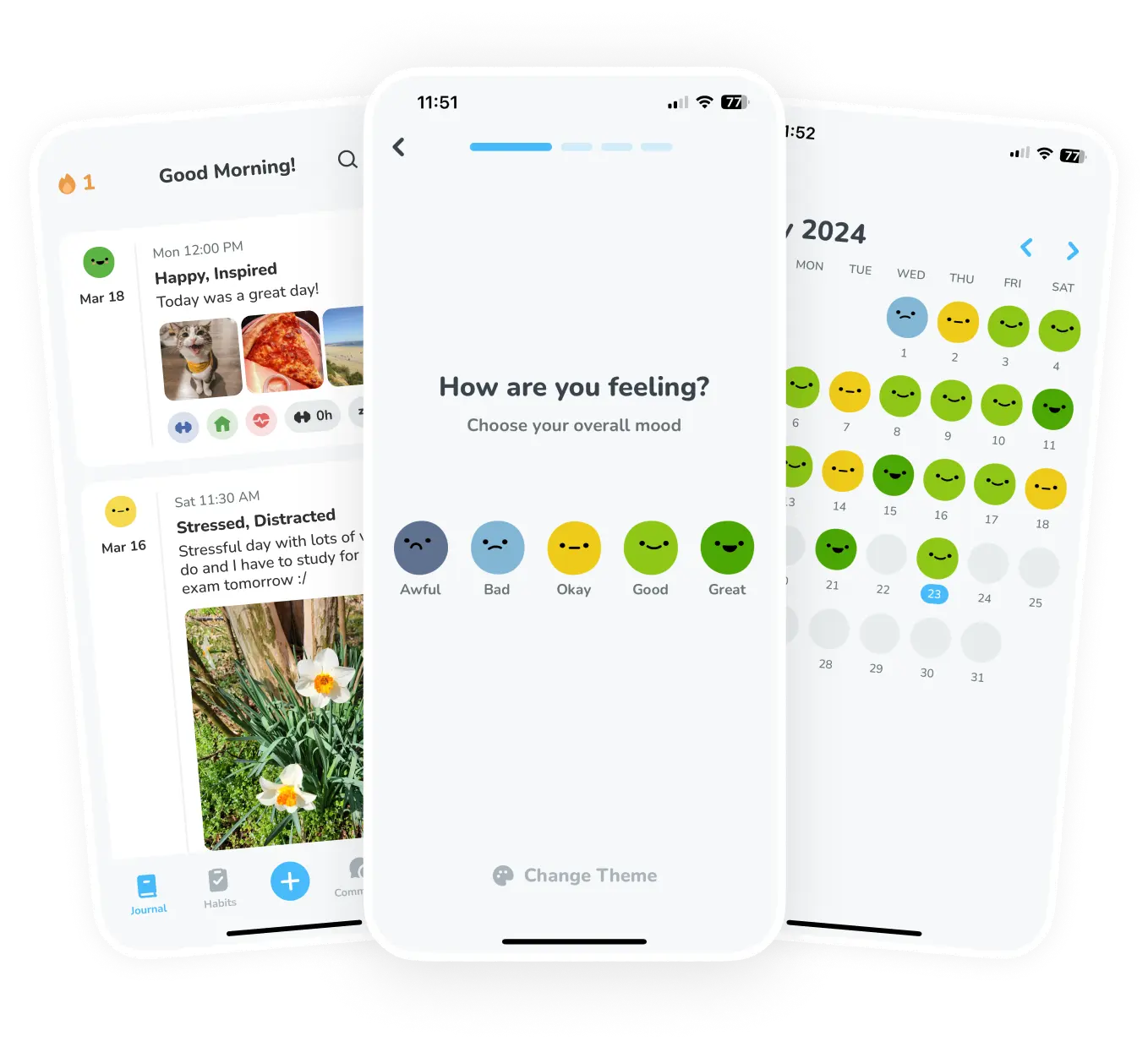"Put mental health first, because if you don't, then you're not going to enjoy your sport and you're not going to succeed as much as you want to. So, it's OK sometimes to even sit out the big competitions to focus on yourself, because it shows how strong of a competitor and person that you really are — rather than just battle through it." -Simone Biles
Understanding the Challenges
Self-Worth:
Student athletes tend to tie their self-worth to their athletic performance. When athletes face setbacks or do not meet expectations placed by coaches, it can negatively impact their self-esteem and overall sense of identity. It is important for athletes to foster self-worth that is not solely based on athletic achievements. Focusing on academics, exploring other interests, or pursuing fun hobbies can help balance self-image and create a healthy sense of fulfillment.
Pressure:
There is significant pressure to perform well from various sources, including coaches, teammates, parents, and even oneself. This pressure can be overwhelming and contribute to stress and anxiety. Excessive pressure can lead to anxiety, decreased enjoyment of the sport, highlighting the need for effective stress management techniques. Practicing deep breathing, meditating consistently, and positive self-talk can help mitigate this stress.
Time-Management:
As a student-athlete you are expected to stay on top of academics while performing at the highest level of your sport. This can be very challenging to navigate, especially given the significant time commitment required for athletics. This includes long practices, travel time for games, and weekends full of tournaments. Poor time management can result in increased stress and reduced performance in both athletics and academics. Some tips for effective time management include creating an organized schedule, prioritizing tasks, utilizing downtime, and setting realistic goals.
Burnout:
Burnout occurs when the demand of training and competition exceed an athletes's ability to cope, leading to physical and emotional exhaustion. This can lead to decreased motivation and enjoyment of the sport. Recognizing the signs of burnout and implementing strategies to address it can help prevent long-term negative effects on your mental health. Rest and recovery is a crucial aspect to avoid burnout. Giving your body a break at least one or two days a week will be very beneficial, as well as staying hydrated and getting enough sleep.
Injury Recovery:
Unfortunately, injuries are very common for student-athletes. Whether they are long-term or short-term, injuries can take a significant toll on your mental health. Watching your team play without you can be very frustrating and isolating, leading to feelings of decreased self-worth. To combat this, stay connected with your team, set small recovery goals, and seek support from mental health professionals. Injury support groups are a positive way to get individuals connecting with others going through similar challenges.
Performance Anxiety: The fear of not performing well in competitions can lead to performance anxiety. This anxiety can affect concentration, confidence, and overall performance. Developing coping strategies, such as relaxation techniques and mental rehearsal, can help manage anxiety and improve performance. Mental rehearsal involves imagining oneself performing in their mind, which can help execute the skill when it comes to game time. Many student athletes struggle with feeling defeat and tend to beat themselves up over mistakes. Having a growth mindset is a crucial tool to encouraging oneself to keep on moving forward and not letting the past dictate the future.

Benefits of Staying Active
Despite these challenges, engaging in sports and physical activities offers numerous benefits for mental health! It's not all bad! Here are some key points to showcase how physical activity positively impacts mental health:

Releases Endorphins
Exercise can improve mood and reduce stress by releasing endorphins. This is known as the "feel-good" hormone.
Improves Sleep
Physical activity can help regulate sleep patterns, making it easier to fall asleep at night. Better sleep improves overall mental health, as poor sleep is often linked to various mental health issues like depression and can even lead to injuries.
Enhances Cognitive Function
Regular physical activity has been shown to improve cognitive function, including memory and concentration. This can lead to better school and work performance, as well as enhanced problem-solving skills.
Healthy Coping Mechanism
Exercising provides a healthy way to cope with stress, anger, and frustration. When you're dealing with built-up tension, being able to exercise can clear your mind and distract you from daily stressors.
Community
Joining workout groups is a great way to feel a sense of community. Exercising with others is a great way to be motivated by others while forming friendships along the way. If you are not into sports, some great ways to stay active include running, yoga, weight lifting, walking, and biking! Visit Morgan Message and The Hidden Opponent to discover more resources and raise awareness regarding student athlete mental health. Remember that your self worth is never defined by your athletic ability. Don't be too hard on yourself, you are doing great

